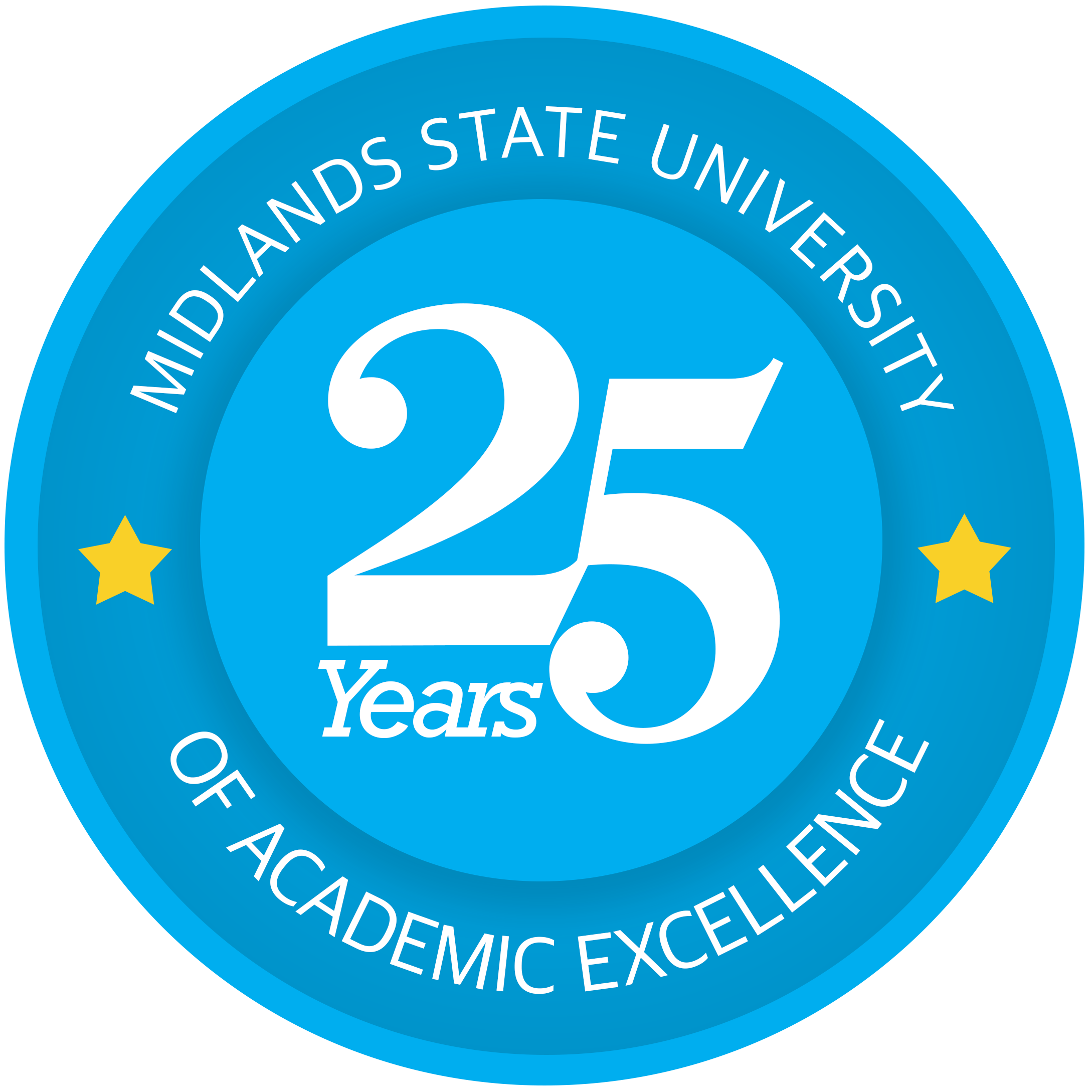As part of its efforts to foster a vibrant and productive research community, Midlands State University Research and Innovation Division held a series of engaging workshops across various MSU faculties and research centres from the 24th of October to the 6th of November, 2024.
The workshops were aimed at equipping researchers with essential knowledge about the various funding opportunities available at MSU.
Researchers from the medical and health sciences field gathered at the first workshop which kicked off at the MSU National Pathology Research and Diagnostic Centre on the 24th of October 2024, to learn more about the funding options available to them.
Several key grants that the University provides to support research activities were introduced, starting with the the Ordinary Research Grant, which is administered by the MSU Research Board and is subsidised by the University Fund.
The Ordinary Research Grant is available to researchers across all faculties and research centres and is aimed at supporting a wide range of research projects, from basic studies to more applied research initiatives.
A unique funding opportunity called the Special Grant was highlighted and is offered annually by the MSU Research and Innovation Division.
Each year, the Special Grant focuses on a particular theme, aligning with the University’s strategic research priorities and societal needs.
This year’s theme, which was shared with participants, promises to support researchers whose work can have a significant impact on addressing current global and local challenges.
On the 29th of October 2024, a similar workshop was held at the Centre for Public Policy and Devolution, where researchers in the social sciences and public policy fields were given a thorough briefing on the funding avenues available to them.
The Centre for Public Policy and Devolution’s work, which is dedicated at addressing issues of governance, policy, and development, stands to benefit greatly from the variety of grants presented.
Researchers were particularly interested in the Travel Grant, which supports both internal and external travel for conferences, allowing scholars to present their work on global platforms, engage with international peers, and expand the reach of their research.
On the 30th of 2024, the workshop was extended to the Faculty of Engineering and Geosciences.
From high-tech innovations to environmental studies, the workshop emphasised the importance of the Ordinary Research Grant for projects that require significant technical resources or collaboration with industry partners.
Special attention was also given to the PhD Travel Grant, which provides travel funds for PhD students, specifically to facilitate supervisor visits and data collection.
The series concluded on November 6, 2024, at the Faculty of Agriculture, Environment and Natural Resources Management.
Significant benefits can be gained by the agricultural sector from these resources, especially given its growing role in national food security and economic development.
Throughout each of these workshops, researchers were encouraged to apply for these funding opportunities, with staff from the Research Unit and the Finance Office on hand to provide guidance and answer questions.
Experienced researchers who have previously secured funding shared valuable insights on how to successfully navigate the University’s funding process.
The success of the workshop series lies in its ability to demystify the funding process and make it accessible to all researchers, regardless of their experience or field of study.
With these efforts, the University is setting a standard for research excellence, collaboration, and growth.


